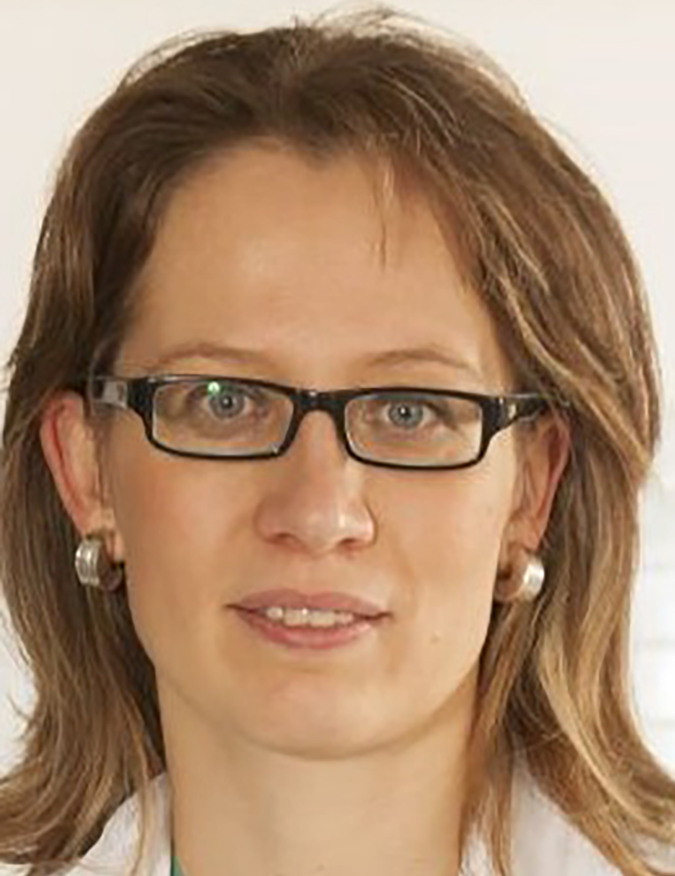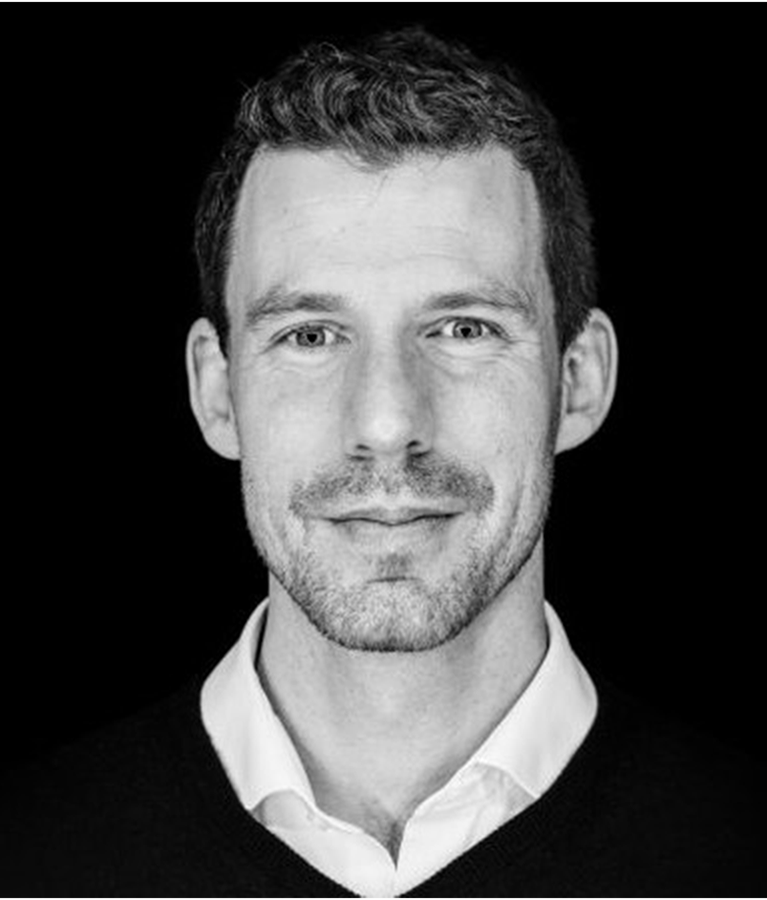2022 Keynote Speakers
The Fascia Research Society is pleased to announce the Keynote Speakers for the Sixth International Fascia Research Congress 2022
Titles of talks are forthcoming! Check back often.
 Carla Stecco
Carla Stecco
Orthopedic Surgeon, Professor of Human Anatomy and Movement Sciences at the University of Padova. Founder Member of the Fascial Manipulation Association and of the Fascial Research Society. Member of the Italian Society of Anatomy and Histology and of the European Association of Clinical Anatomy. The scientific activity is devoted to the study of the anatomy of the human fasciae from a macroscopical, histological and physiopathological point of view. She personally made over 300 cadaver dissections for research. From 2000 she organizes and personally holds theoretical-practical courses about fascial anatomy and the Fascial Manipulation technique both in Italy and in other countries. Author of more than 180 in extenso papers about the fascial anatomy, 150 indexed in Pubmed. Author of various books about the Fascial Manipulation (Piccin ed), translated in 11 languages, and of some chapters about the fascial anatomy or the Fascial Manipulation Technique. Author of the first photographic atlas about the human fasciae (2015, Elsevier ed.).
 Thomas Roberts
Thomas Roberts
Thomas Roberts is a Professor in the Department of Ecology, Evolution and Organismal Biology at Brown University. He received his BA in biology from the University of Chicago in 1988 and his PhD from Harvard in 1995. His research uses a comparative evolutionary approach to understand how muscle mechanical function determines movement performance. This work has established the central importance of passive elastic structures, including tendon and muscle extracellular matrix, in the energetics and mechanics of movement.
 Yuval Rinkevich
Yuval Rinkevich
Dr. Rinkevich has been working at the cutting edge of our understanding of tissue/organ repair and regeneration for the last 20 years. His passion for healing responses and tissue rejuvenation can be traced throughout his career track, obtaining his PhD degree from the Technion-Israel Institute of Technology, where he studied whole body regeneration from single blood vessels in Protochordates. Dr Rinkevich moved to Stanford University in the US to join the prestigious and renowned lab of Prof. Irving L. Weissman, where he explored the cellular lineages and stem cells in mammalian tissue repair and regeneration. His work at Stanford projected Dr Rinkevich into the forefront of the tissue repair field for his pioneering work uncovering the role of Engrailed-1 positive cells in the transition from scarless to scar forming tissue responses.
Today Dr Rinkevich is the Director of the Helmholtz Institute of Regenerative Biology and Medicine at the Helmholtz Center, Munich, Germany. His lab continues to push forward our understanding of tissue/organ repair and regeneration, developing a firm knowledge foundation for therapeutic strategies in clinical use. Publication in high impact journals including Nature and Science, numerous patents and supported by prestigious finding such as the ERC Consolidator Grant, the quality of his and his team’s work can be clearly demonstrated. His latest work describing the fascia in tissue fibrosis in multiple organ systems is reinventing the way we look at tissue repair and regeneration, opening our minds to a revolution in antifibrotic therapy and the potential to prevent and potentially resolve fibrotic disease.
 Maribel Miguel-Pérez
Maribel Miguel-Pérez
Dr. Miguel-Pérez is a Professor of Human Anatomy at Medicine and Physiotherapy degree, at the Faculty of Medicine and Health Sciences at the University of Barcelona. Since 1983, I have been dissecting and studying the anatomy of musculoskeletal and their variations. But in 2008 I began to study the relation of the muscles, tendons, vessels and nerves with the fascia by ultrasound, macroscopic dissection and microscopy with the special help of Dra Möller and Dr Matinoli. At the same time, I have helped and participated in the organization of several courses about ultrasound and muscle system. Co-author of several papers about the human anatomy variations and fascial anatomy indexed in pubmed.
 Stuart McGill
Stuart McGill
Stuart McGill is Distinguished Professor Emeritus (after 32 years at the University of Waterloo, Canada) who authored over 240 scientific journal papers, 5 books, and mentored over 40 graduate students during this journey. Investigations in the laboratory, training centre and research clinic probed back injury and pain mechanisms, rehabilitation approaches, and performance training. As a consultant, he has provided expertise on low back injury to various government agencies, many corporations and legal firms and hundreds of professional/international athletes and teams worldwide. He is regularly referred special patient cases from the international medical community for opinion.
 Helene Langevin
Helene Langevin
Helene Langevin, M.D., was sworn in as director of the National Center for Complementary and Integrative Health (NCCIH) on November 26, 2018. Before joining the National Institutes of Health (NIH), Dr. Langevin was the director of the Osher Center for Integrative Medicine in Boston, jointly based at Brigham and Women’s Hospital and Harvard Medical School, and a professor in residence of medicine at Harvard Medical School since 2012. She was a professor of neurological sciences at the University of Vermont Larner College of Medicine in Burlington until 2012. As the principal investigator of several NIH-funded studies, Dr. Langevin has centered her research around the role of connective tissue in chronic musculoskeletal pain and the mechanisms of acupuncture, manual, and movement-based therapies. Her more recent work has focused on the effects of stretching on inflammation resolution mechanisms within connective tissue.
 Peter Friedl
Peter Friedl
Peter Friedl is a board-certified dermatologist and allergologist. He holds the chair for Microscopy Centre at the Radboud University Nijmegen Medical Centre and joint-professorship at the MD Anderson Cancer Center, Houston, TX, USA. His research interests are on preclinical imaging of invasion, metastasis and immune responses in various tumors and (immune)therapeutic targeting of cancer and other connective tissue diseases. Using multi-harmonic microscopy and fluorescent tracers, he has identified the microanatomy and function of connective tissue in three dimensions and with cellular resolution. He has published >150 research articles and is highly cited with >20,000 citations (Web of Science). He recipient of numerous awards, including the Award of the European Society for Molecular Imaging, the German Cancer Award, Felix Wankel Animal Protection Award, and the Award of the City of Florence for the Advancement of Science. Mark Driscoll
Mark Driscoll
Mark Driscoll, Eng. PhD., is a Professor of Mechanical Engineering at McGill University, in Montreal, Canada. His published research focuses on the biomechanics of the spine from the perspective of devising an improved understanding of stability, diagnostics, and/or treatments – having a particular focus on the involvement of soft tissue such as fascia. He chaired the scientific committees of the 2018 and 2022 Fascia Research Congresses and was elected as the first President of the Fascia Research Society in 2020. Dr. Driscoll is also the Natural Sciences and Engineering Research Council of Canada Chair for Design Engineering for Interdisciplinary Innovation of Medical Technologies. As the founder and director of the Musculoskeletal Biomechanics Research Lab at McGill, Dr. Driscoll has received many awards for his research and corresponding inventions which serve in assisting people with disabilities around the world.
